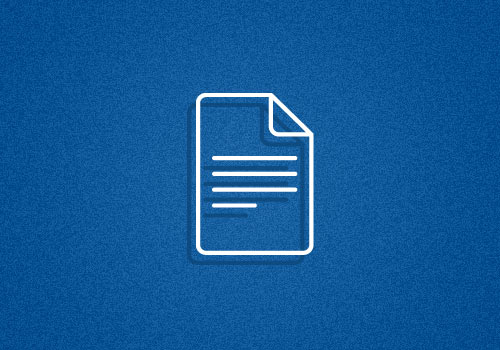Not every family can afford telephone service. And, when faced with the choice of paying for phone service or putting food on the table, the latter often prevails. Lifeline is a government benefit program providing low-income families with subsidized, discounted phone service. Throughout Lifeline’s 28-year history, millions of needy Americans have benefited from the program by staying connected to the services they need most. Unfortunately, the program has also come under fire for waste, fraud and abuse. While Lifeline was implemented to provide low-income families with only one subsidized telephone, as technology advanced, the program’s policies stayed the same—and thus became outdated. Program loopholes and instances of applicants who have tried to commit fraud —like gaining more than one telephone per household—has opened the door to abuse and nearly destroyed Lifeline in the process. Upon closer inspection, many ineligible people were receiving Lifeline benefits.
In response, the FCC took notice and began to reform the Lifeline program early in 2012. One of its main reforms was to enlist the help of an outside, third-party provider to objectively regulate and monitor against fraudulent claims and abuses.
According to a statement released by FCC Chairman Julius Genachowski, a key component of the FCC Lifeline reform was the establishment of a National Lifeline Accountability Database. This database prevents multiple carriers from receiving support for the same subscriber. Additionally, the database is meant to provide accessible information to ensure that only eligible consumers qualify for program benefits.
The FCC Lifeline reform has indeed paid off; since implementing the reform, the FCC has saved $214 million by mandating carriers verify all Lifeline recipients, among other enhancements.
In addition to the introduction of the FCC Lifeline reform, the need for outsourcing companies to ease the burden of eligible telecommunication carriers (ETCs) to meet the new mandates has increased. By turning Lifeline administration to outsourcing companies, ETCs can enjoy the following:
- An efficient and consistent approach to processing applications.
- Automated verification that ensures that once a customer’s eligibility period ends, he or she will no longer receive benefits.
- A Customer data management system that allows carriers audit-ready reporting on Lifeline customers as well as efficient mobile application processing.
- Easy to access files for customers, including access to status updates and final decisions.



